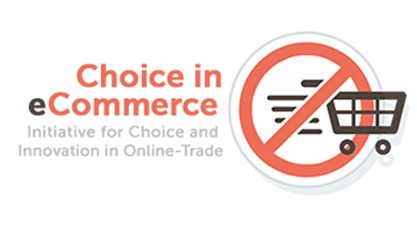 Nearly 2,000 brands – across industries ranging from fashion to electronics – prohibit or impede Internet sales in Europe, creating a major impediment to the spread of eCommerce, a survey published today shows.
Nearly 2,000 brands – across industries ranging from fashion to electronics – prohibit or impede Internet sales in Europe, creating a major impediment to the spread of eCommerce, a survey published today shows.
Berlin-based Federal Association of eCommerce (BVOH) questioned more than 7,000 small online merchants to gather its findings for its Choice in eCommerce initiative. More than half of Europe’s online retailers complain about losing sales and a fifth say they lose more than a quarter of their sales each year due to the restrictions.
Frankly this is an issue which goes back years. Half a decade ago eBay handed in a petition of 750,000 signatures to the EU Parliament complaining about restrictive trade practices and nothing much has changed since then.
BVOH is handing the survey results tomorrow in person to the European Commission Competition authority. It is also sending the survey results to over 800 members of both the European Parliament and German Bundestag.
Under EU rules issued in 2010, brand owners seeking to protect their image and exclusivity can bar online retailers without bricks-and-mortar outlets from distributing their products under updated EU antitrust rules. But the European Commission said it would closely monitor developments and opened a sector inquiry last year.
Most Common Restrictions imposed by Brands
The full list of brands and the restrictions they impose is available online. The most common restrictions are:
- Due to unlawful pricing policy the retailer is not free to set their own sales prices; penalties are threatened if they fail to comply with specifications, e.g. by applying recommended retail prices.
- The manufacturer or the brand imposes marketplace bans which prohibit the retailer from using online marketplaces for the resale of products.
- Cross Border Trade blocking prohibits the retailer from selling the products internationally.
- Marketing activity blocking prohibits the retailer from placing their products onto price comparison portals or using the brand name in advertising.
- Refusal to supply is the refusal of the manufacturer to supply its range, either partially or in whole, to online retailers.
- Service deterioration means that consumers who acquire items online can expect poorer service – such as in the terms of the guarantee – than with products purchased over the counter.
“The European Union promises to enable ‘better access to goods and services’ with its “Digital Single Market Strategy,” BVOH President Oliver Prothmann said. “But so far nothing has been done to counter the negative effects of vertical restraints although these are an intrinsic hindrance to internal market strategy.”
The BVOH is calling on EU member states to take a position in the next weeks on the topic and to emphasise the relevance of online marketplaces for consumers and online retailers and to prohibit sales restrictions imposed by manufacturers and brands.
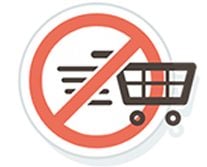


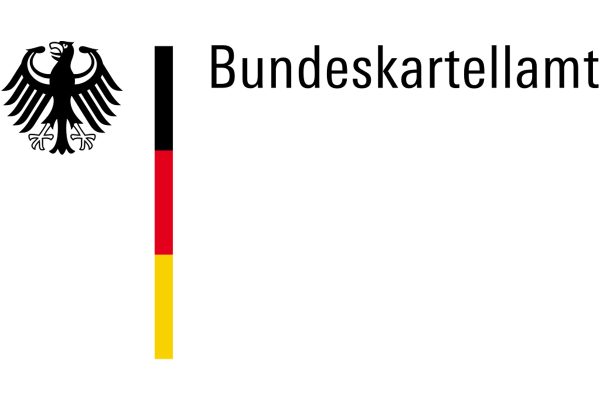

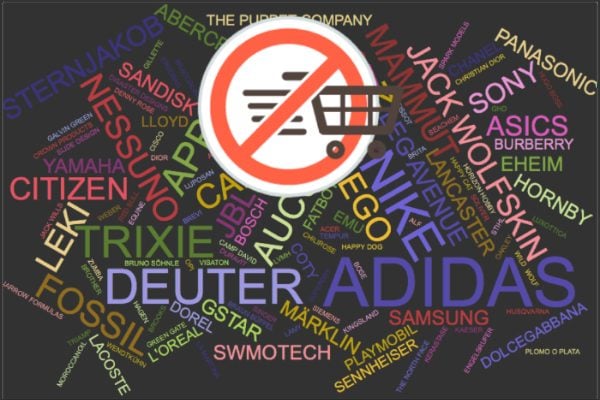



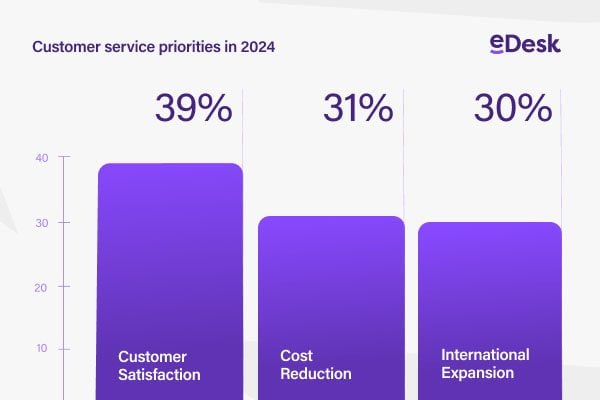
8 Responses
Some brands have restrictions in place to prevent or control the level of counterfeit activity on marketplaces too.
One of the brands on this list, namely a footwear brand, who were popular in 70s with punks and the rebellious is quite possibly the most controlling company I have ever dealt with. Years ago, they could not give the stuff away, as they were going bust. They were sold to a private equity firm, and brought in corporate suits to control the brand. Now, you sit in a meeting with them, and they tell you the prices you need to sell at, where you can sell the stuff, what lines they will allow you to have. They have threatened to close all account who sell on ebay and amazon, and tell you to your face that you mean nothing to them. Ultimately its consumers who will pay the price with restrictive supply and controlled prices….hey is this not illegal for them to do?? Nobody protects the rights of small business, not Cameron or the EU. I personally hope the company rot s in hell and goes bust one day.
Thankfully we have EU Trade Law to protect sellers against these restrictive trade practices – oh wait …. not for long
BTW has anyone ever successfully reported an EU manufacturer for price fixing? Whenever we ask OFT/CMA whether we should report EU manufacturers in the UK or in their home country they say they can’t comment. I know they can’t comment on investigations but can they at least tell us whether or not our complaint has been heard by the right people?
I think people would be amazed how many brands restrict their selling and prices. When thinking about it the end result is to protect everyone in the industry as long as the margin is realistic. Otherwise surely we would just have those with lower overheads being the £1 cheaper price and let us all be honest about this – the customer is very much just looking for the cheapest price. 10 years ago maybe customers had their favourite place to go – but now it is jump on Ebay or Amazon and look for the cheapest price most of the time. So if we are all the same price then it could be about who you have used before and have had good service.
However, when some of the bigger retailers get away with changing their prices it can be frustrating. We currently have Amazon selling our largest Brand cheaper on several products directly – they are matching EU prices I think. We have another brand that doesn’t allow us to sell their products out of the UK. If you think about it sometimes retailers are told what to do by suppliers, told what you can and cannot do by platforms such as Ebay, Amazon and Google which we all need. Plus the couriers are now getting stricter on packing and sizes etc. So who the hell is actually in charge of your own business.
We had the misfortune of dealing with the company who produces those very same shoes and boots Disgruntled mentions. We know the feeling Disgruntled is talking about. They completely dictate what you can and cannot do, what you can and cannot sell a pair of their boots for. I also wish for them to be at the pit of the business world in a few years time. They have no idea about what it means to look after those who stood with you through the hard times. The Doctor needs the patient as much as the patient needs the Doctor. Thats what my grandad taught me as i was growing up.
Generally speaking in the footwear trade we are constantly up against it. We are constantly battling with our suppliers who totally dictate where we can and cannot sell geograhically. They are all living in the past. The bigger the brand the worse it gets. Almost certainly Sales Directors worldwide are tickling the balls of Japs, Chinese, Russian and Arab oligarchs and sheikhs with whom they have cushy agreements about protecting turf and geographical areas. Everyone is trying to protect regions and zones and they need to realise the world is now literally as good as one zone. It is impossible to control the proliferation or exposure of your product online. Wake up, smell the coffee and get used to it. These barriers will no doubt come down but it will take some time and realisation that they technically cannot enforce these rules. E S S